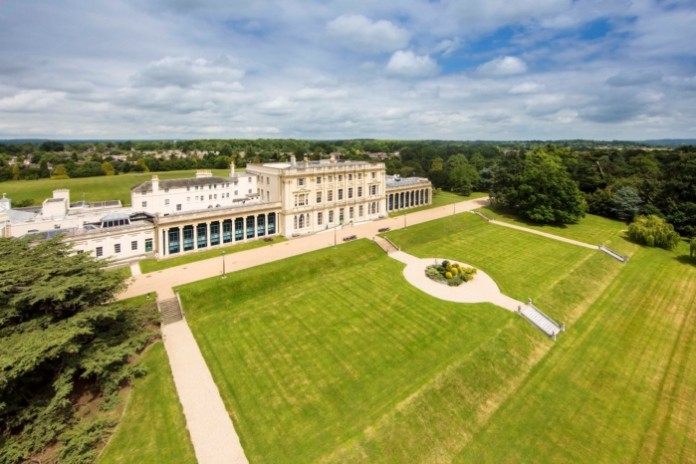As part of the ongoing savings plans and modernisation of its property portfolio, the BBC is selling historic Caversham Park, near Reading, Berkshire. This provides a remarkable opportunity for the sympathetic conversion and development of the stunning park to ensure it is enjoyed by future generations.
Philip Hunter, director at Lambert Smith Hampton, who is selling the park on behalf of the BBC, explains: “This is an incredibly unique opportunity to purchase a prime site of such scale and location. It is 93 acres in the most affluent part of Reading, just two miles from the train station. It is suitable for a wide variety of uses (subject to planning consent) such as residential, retirement, assisted-care, hotel, leisure, education or healthcare.”
Caversham Park has had a long and prestigious history and occupies a cherished place in the hearts of local people. Believed to have been gifted to a relative of William the Conqueror in 1066, the park is recorded in the Domesday Book with a value of £20.
Since that time, the property has been lost to the Crown during the War of the Roses, has been demolished and rebuilt several times (once after being destroyed by fire), has changed hands many times, has been landscaped by Capability Brown and has entertained royalty.
In 1921, the existing site was divided and the mansion and park became The Oratory School, undergoing a period of extension. Following expensive fire damage, other financial difficulties and WWII, it was purchased by the BBC in the 1940s and became the headquarters of BBC Monitoring.
Staff would transcribe and summarise 240 broadcasts per day into an 80,000-word document called the Daily Digest which was swiftly delivered to London by war despatch drivers.
BBC Monitoring played a key role in tapping communications made by Hellschreiber (a teleprinter) from Nazi Germany’s propaganda minister, Joseph Goebbels, to newspaper and radio networks. A site outside London was chosen in part because it was less likely to suffer bomb damage and by the end of the war, 1,000 people worked at Caversham Park.




















